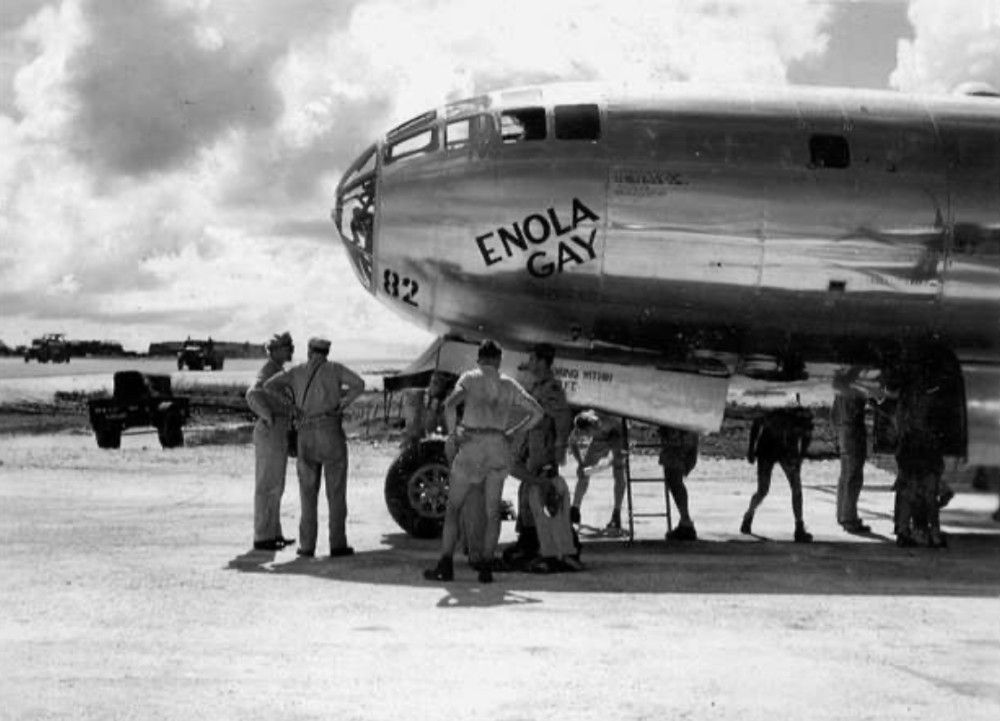LAKE MARY, Fla. — Millions of women around the country went to work during World War II to manufacture planes, ships, munitions and other equipment used during the war. They helped fill the jobs left by young men who went to combat overseas.
What You Need To Know
- Adeline Powell turns 100 in January
- She worked at the Glen L. Martin Bomber Plant
- It's not known how many "Rosie the Riveters" are still alive
- RELATED: American Rosie the Riveter Association
Adeline “Addie” Powell of Lake Mary is one of the women who became known as “Rosie the Riveter,” going to work to help support our country.
Rosie the Riveter was part of a campaign to boost morale and to attract female industrial workers.
Soon to be 100 years old, Powell looks back on that time with amazement. In her early 20s, she was working at the Glen L. Martin Bomber Plant in Nebraska, helping to build B-29 bombers.
“The B-29 bomber plant was right outside of south Omaha in a small town. The company bought out all of the land out there because it was all rural,” Powell said.

Powell was one of the thousands of people who worked in the massive factory. Her job was to install machine gun sights in the ball turret at the bottom of the plane.
“That’s what the bubble was for. There was a man that sat in the seat. His seat turned every angle. And that box would tell him where the enemy was. It relayed into his machine along the seat,” Powell said.
She and the other workers were amazed at the B-29 bomber, describing it as an engineering marvel.
“God must have really gave them a lot of insight to be able to build something like that right there in my hometown,” Powell said.
She said the work was strenuous, but she was proud to be part of the war effort to defend the country.
One of the most famous B-29 bombers, the Enola Gay, was manufactured in the plant Powell worked in. Named after the pilot’s mother, the Enola Gay was the plane that dropped the atomic bomb over Hiroshima, which ushered in the end of World War II.

Eventually, Powell would switch jobs. She moved to downtown Omaha, where she demonstrated military safety equipment for civilians, such as reporters, who were going overseas to report on the war.
She met her husband, Richard, during this time. They had four children, five grandchildren, and seven great-grandchildren.
She attributes much of her longevity to dancing.
“The Lord gave me the years, and I’ve just made the best of it. My motto was of course, dancing. Me and my friends, we went to every dance,” Powell said.
Powell turns 100 in January.




